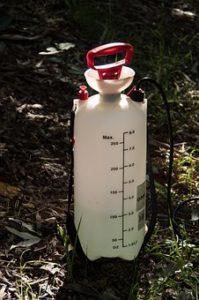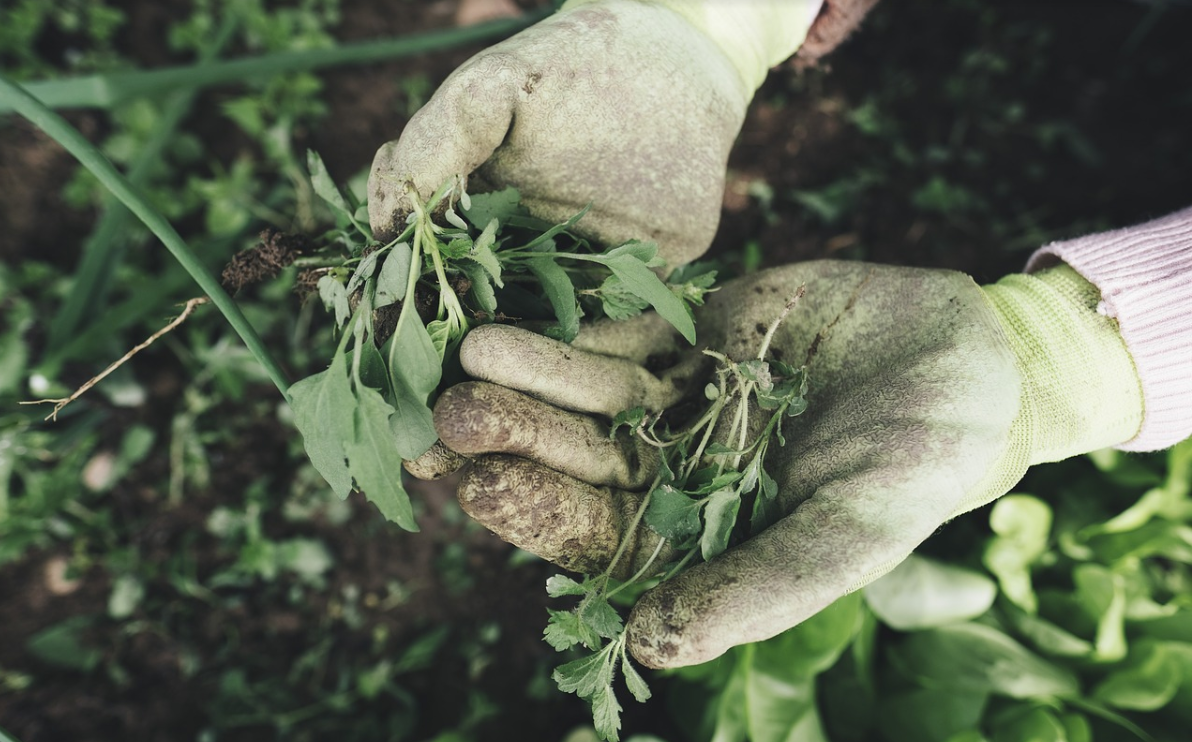Weeds are very annoying and some of them are very resistant to some herbicides. There are a number of herbicides that have been introduced to the market; some of them are effective while others are not. Sprayable options are among the best methods for dealing with weeds.
Roundup is essentially a series of grass and weeds killers that are used to brutally clear weeds and grass from where they are not needed. If you have trouble getting rid of weeds from your lawn, the roundup is the right option for you. Although it has its disadvantages, at least it provides preferable results.
Roundup is basically a glyphosate-based formula that brutally clears everything that grows on your lawn or garden. Roundup is very quick, effective but disastrous. Since Roundup is one of the most effective weed killing sprayable options, you need to study more about it before using it. This article will highlight everything you need to know about this weed killer sprayable option.
Pros and cons of roundup
While glyphosate is a chemical that offers you and your lawn many benefits, these benefits come with inherent risks to the environment. Make sure you weigh between the following pros and cons and make an informed decision about this sprayable herbicide.
Pros
- Low persistence – Unlike most herbicides, the roundup option gets absorbed by dirt particles in immediately and starts to breakdown a natural, non-toxic substance. Therefore, it has a very low rate of persistence.
- Low in toxicity – pure glyphosate in Roundup is less toxic to human beings and pets at home, unlike many other herbicide options.
- When we compare with other spaying option, Roundup weed killer is more effective. A roundup saves you time and money to get rid of notorious weeds on your backyard and lawns.
Cons
- Persistence is varied – roundup’s glyphosate can be very low in persistence thus its persistence is hard to accurately predict. The external condition can easily manipulate glyphosate’s persistence rate.
- Toxic – roundup is not a hundred percent non-toxic. When exposed to the skin it causes irritation. Also, it can cause diarrhea and even vomiting.
- Nonselective – Glyphosate chemical in roundup is non-selective. In essence, it works by simply inhibiting the weeds’ ability to make use of particular enzyme pathways in the weed’s biological structure.
How to apply roundup
 Always time properly. Do not apply roundup on a windy, rainy season. Make sure that wait until the rains have stopped and the conditions are generally coming. You do not want the rain to wash away the roundup. For it to work properly it must dry up on the targeted plants.
Always time properly. Do not apply roundup on a windy, rainy season. Make sure that wait until the rains have stopped and the conditions are generally coming. You do not want the rain to wash away the roundup. For it to work properly it must dry up on the targeted plants.
Target weeds only. Since roundup contains an active ingredient called glyphosate, make sure you spray plants that you do not want on your lawn or garden.
Lastly, ensure that you spray the required spots. Always aim the branches and leave rather than the soil. When roundup is applied from the leaves it kills that source of food of that weed. However, in case you want to get rid of the new plants just apply your roundup the entire area.
Always make sure that you choose a Roundup product that is right for your lawn or yard. Other factors to consider when buying include; the price, concentration, gallons, and area of application.…

